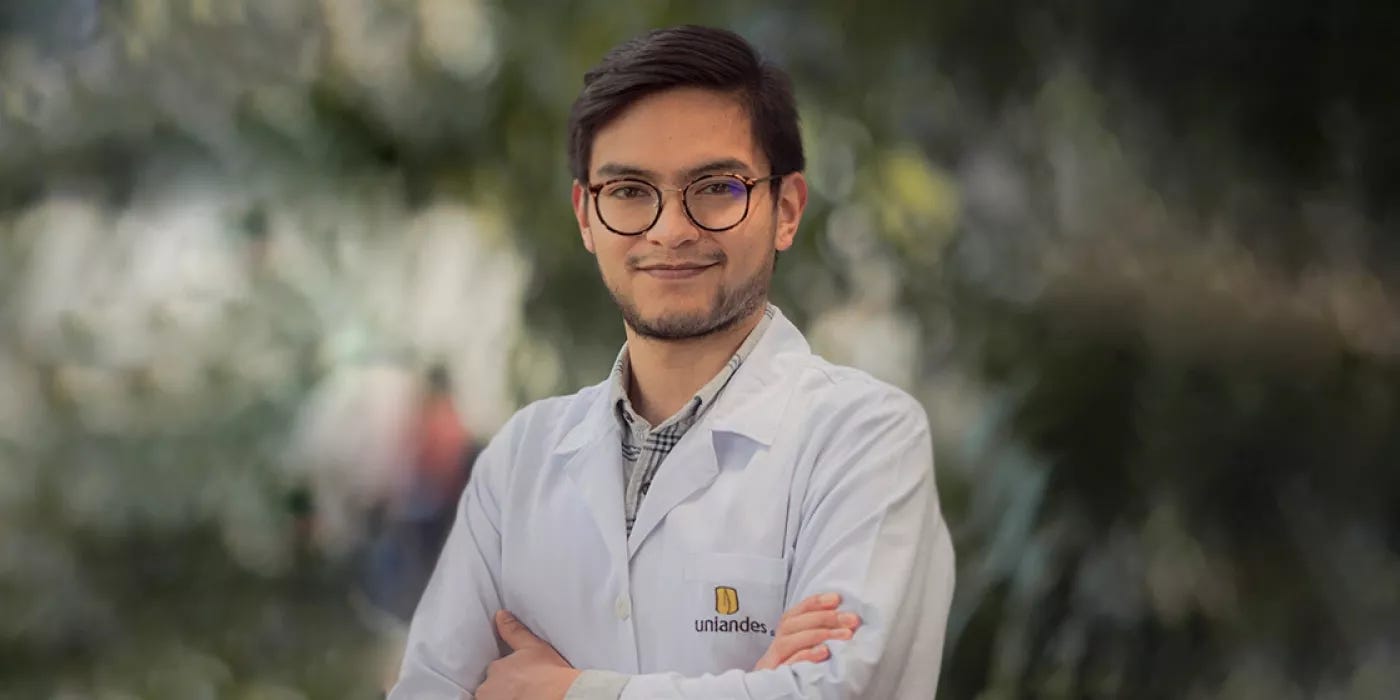Between Choice and Populism: Tension in Higher Education in Colombia.
Colombia’s shift from the Ser Pilo Paga to Matrícula Cero has made it harder for low-income students to access top universities.

By Isabella Coronado Doria
Diego Chamorro was born in the city of Pupiales, Colombia. He was recognized as the best student in his school and city, achieving one of the highest scores on state exams (a requirement for university admission in Colombia). His dream had always been to study medicine at the University of Los Andes, where the country’s best practitioners are trained.
Despite his remarkable achievements, Diego came from a low-income family. For his parents, a taxi driver and a stay at home mom, it was impossible to send Diego to university, let alone to the University of Los Andes. To cover Diego’s tuition at the University of Los Andes, his parents would have had to allocate their entire income for over seventeen years, without considering living expenses, materials, and other necessities. Diego 's dream was out of reach – until Ser Pilo Paga.
Ser Pilo Paga was a program implemented in 2015 by the government of former Colombian President Juan Manuel Santos. Its main objective was to fully finance the undergraduate studies of brilliant students who could not access higher education due to socioeconomic barriers.
Initially, the program focused on students from low-income families. However, it was designed to expand over time, transitioning from a targeted program to a universal one that would support students across the country, proportionally to their income. Unlike other programs that preceded it, Ser Pilo Paga allowed students to choose the university they wished to attend, whether it was public or private.
the program was criticized by the opposition, who argued that the state was funding private institutions, filling the pockets of the rich with tax dollars. Despite this, low-income families who had benefited from the program, as well as those who were looking forward to the next iterations, defended it, saying that it "restored our hope that our children can go to university." Others appreciated the freedom of choice presented by the program: "This program has given my son the opportunity to choose; the message is: If you work hard enough, you can go wherever you want and follow the path you want, regardless of your economic situation." Such sentiments were common among parents.
Regardless of the wide popularity of the program, the new left-wing president, Gustavo Petro, announced the dissolution of the program and its replacement with the policy: “Matricula 0.” Unlike "Ser Pilo Paga," “Matricula 0” directly finances public universities, dissolves ICETEX (the main source of low-interest student loans for Colombians), and mandates that tuition at all public universities in Colombia be free for all students.
Although this new policy has an appealing and progressive appearance — a classic communication strategy of a populist government — it is strongly regressive. In Colombia, only 50% of university infrastructure belongs to public universities. These institutions, being of very high quality, attract a large number of students. There are many applicants and few spots.
The government has adopted an exam and a fixed quota system for admission to these universities. Due to the difficulty of these exams, the probability of a student from a vulnerable socioeconomic background succeeding is low, as higher-income students can afford personalized preparation, tutors, and other tools to prepare for the admission process.
Public universities in the country maintain a balance between high and low-income students through their tuition system. The current tuition system ensures that each admitted student pays a fee proportional to their income. In other words, for higher-income students admitted into a public university, the tuition cost can be similar to the tuition of a private university of comparable quality, which may lead some to opt out of public university spots.
By eliminating the tuition system, higher-income students are more incentivized to accept the limited spots available at public universities, leaving lower-income students without access. Furthermore, since this new policy plans to dissolve ICETEX, it is not only creating incentives for lower-income students to fail to access public universities but also making it more difficult for them to access higher education at all, by removing the option to finance a "Plan B" (private universities).
Ser Pilo Paga provided options for students like Diego. This is why, when Diego received an email from the Ministry of Education informing him that he had been admitted to the Ser Pilo Paga program, his parents cried with joy. Diego was going to fulfill his dream, all thanks to this policy.
Diego is now one of the lead investigators of a project at the Universidad de los Andes that has been awarded for its contributions in the search for a cure for leishmaniasis, a disease that disproportionately affects low-income people in Colombia. Under the government's plan, he would never have been able to attend university.
Isabella Coronado Doria is a Deputy Editor of The Bell. Born on the Caribbean coast of Colombia, she is an economist and professional in Government and Public Affairs from the Universidad de los Andes. Before joining Max Bell, she worked as a project assistant to the President of the Universidad de los Andes, where she implemented strategic improvement projects and managed communication between the president's office, students, and parents. Isabella's strong interest in evidence-based educational public policy has led her to work as a research assistant on various projects. Additionally, she has volunteered with education-oriented non-profit organizations in Colombia, supporting their initiatives to improve learning communities.



